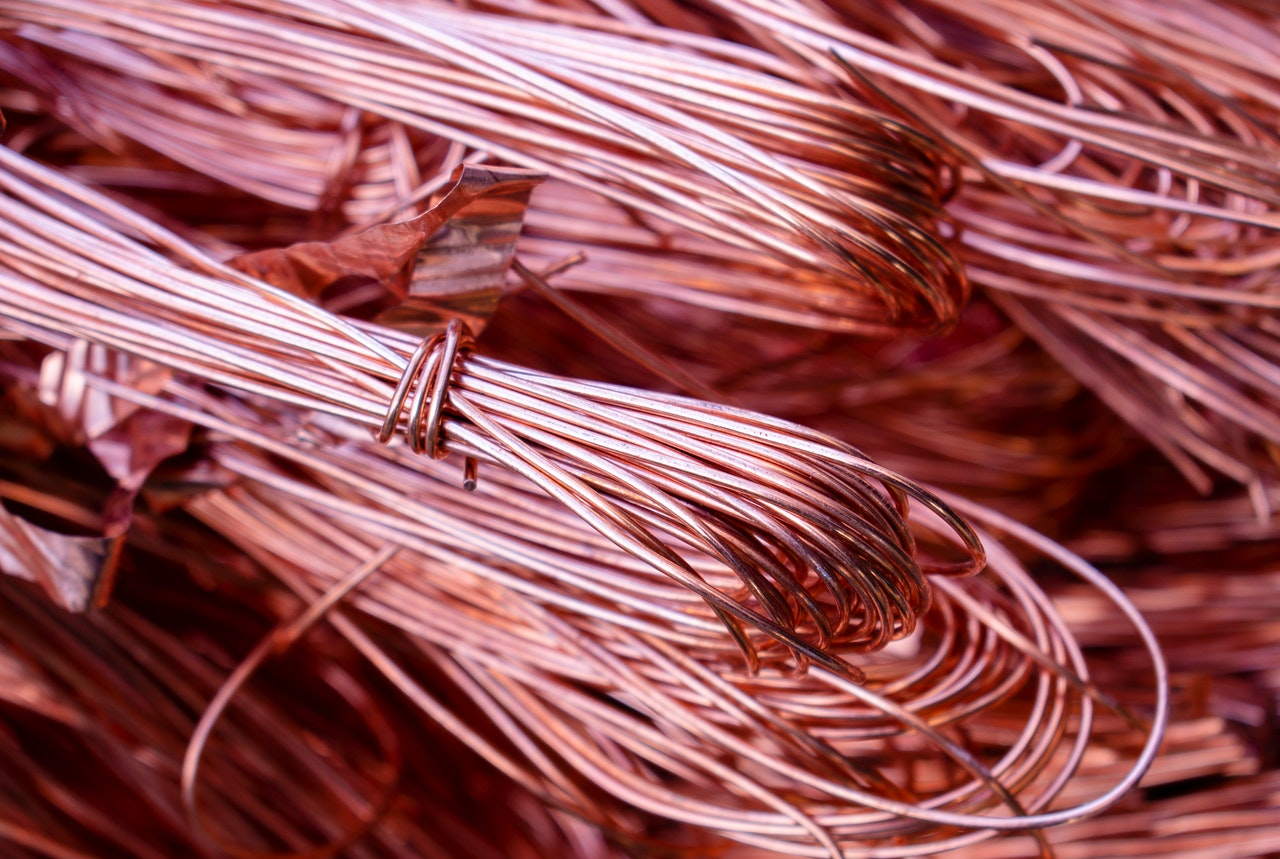Tangshan, the city that produced 13% of China’s steel and 6% of global production in 2021, has announced that it intends to become the hydrogen production hub for the Beijing-Tianjin-Hebei region, Chinese media reported.
In the “Tangshan Hydrogen Industry Development Plan”, Chinese local authorities set the goal of establishing a $746 million industry by 2023 to develop hydrogen technology and subsequent applications.
To achieve this goal, it intends to attract three to five leading enterprises in the hydrogen industry to invest in Tangshan.
Located east of Beijing in Hebei province, Tangshan plans to capitalize on the growing demand for hydrogen-fueled by the development of fuel cell vehicles in the region. Under a pilot program approved by the central government last year, at least 5,300 fuel cell vehicles are planned to be installed on the streets of the Beijing-Tianjin-Hebei area. Tangshan promises to have 700 cars on its roads by the end of 2023.
Notably, the city sees its large steel industry as its primary source of hydrogen, and “green hydrogen” produced using renewable energy complements this.
It is expected that all coking plants in Tangshan will be equipped to convert coke oven gas, a by-product of the coking process, into hydrogen. In addition, solar power plants with a more than 100 MW capacity installed in the city need to be built with hydrogen production equipment.
Tangshan will also support local steelmakers in steelmaking projects that use direct reduced iron (DRI) with hydrogen, considered an essential approach in the industry’s efforts to decarburize, and help turn the steelmaking capital into a “green metallurgy hub.”

